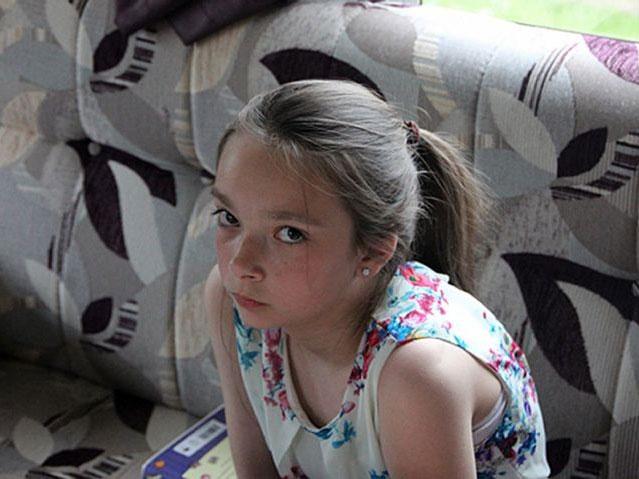Amber Peat police 'did not investigate sighting for two days'
The 13-year-old went missing on 30 May

Your support helps us to tell the story
From reproductive rights to climate change to Big Tech, The Independent is on the ground when the story is developing. Whether it's investigating the financials of Elon Musk's pro-Trump PAC or producing our latest documentary, 'The A Word', which shines a light on the American women fighting for reproductive rights, we know how important it is to parse out the facts from the messaging.
At such a critical moment in US history, we need reporters on the ground. Your donation allows us to keep sending journalists to speak to both sides of the story.
The Independent is trusted by Americans across the entire political spectrum. And unlike many other quality news outlets, we choose not to lock Americans out of our reporting and analysis with paywalls. We believe quality journalism should be available to everyone, paid for by those who can afford it.
Your support makes all the difference.Police did not investigate a lead on missing schoolgirl Amber Peat until two days later, a preliminary assessment has found.
The 13-year-old went missing on 30 May and was reported missing by her family at 12.56am on 31 May. Her body was found in Mansfield, Nottinghamshire, on 2 June.
Initial correspondence between the Independent Police Complaints Commission (IPCC) and Nottinghamshire Police - released under a Freedom of Information request - has revealed that a member of the public told officers about a girl matching Amber’s description disappearing into the bushes close to her home on 31 May.
But the documents reveal it took police two days to follow up the intelligence.
When officers found Amber’s body, the log reported it was "well hidden within a large thicket of bushes”.
The log continued: “It appears she died before the member of the public made contact with the police and before she was reported missing.”
The IPCC’s initial inquiry raised “significant concerns”.
Nottinghamshire Police said in a statement that the findings “were not in any way a report from the IPCC nor a draft report”.
The force added that since the initial referral, the inquiry had "secured further detailed information from interviews and other sources which will inform the final report".
The correspondence did "not represent the current factual position of the IPCC,” the statement read.
Amber’s case was initially classed as medium risk, but an analyst said in the IPCC's preliminary report that it was “worrying” that it was not classed as high risk, given the young girl’s “extensive history as a missing person”.
“My concerns have heightened given the officers’ actions when handling potential leads. After scrutinising the incident report, I do acknowledge Nottinghamshire Police received a copious amount of suggestions for Amber’s location,” said the analyst.
Amber’s case was reclassified as high risk on 31 May at 4.55pm. The preliminary report said that soon after the reclassification, the member of public came forward.
"Therefore, it will be for the investigation to consider whether (if) this incident had been classified as high risk from the outset, valuable intelligence could have been obtained sooner."
In a statement, the IPCC said their investigation was ongoing. The body said it had not reached any conclusions as to whether Nottinghamshire Police’s response to the missing person’s report was “appropriate or not in the circumstances”.
Additional reporting by PA
Join our commenting forum
Join thought-provoking conversations, follow other Independent readers and see their replies
Comments